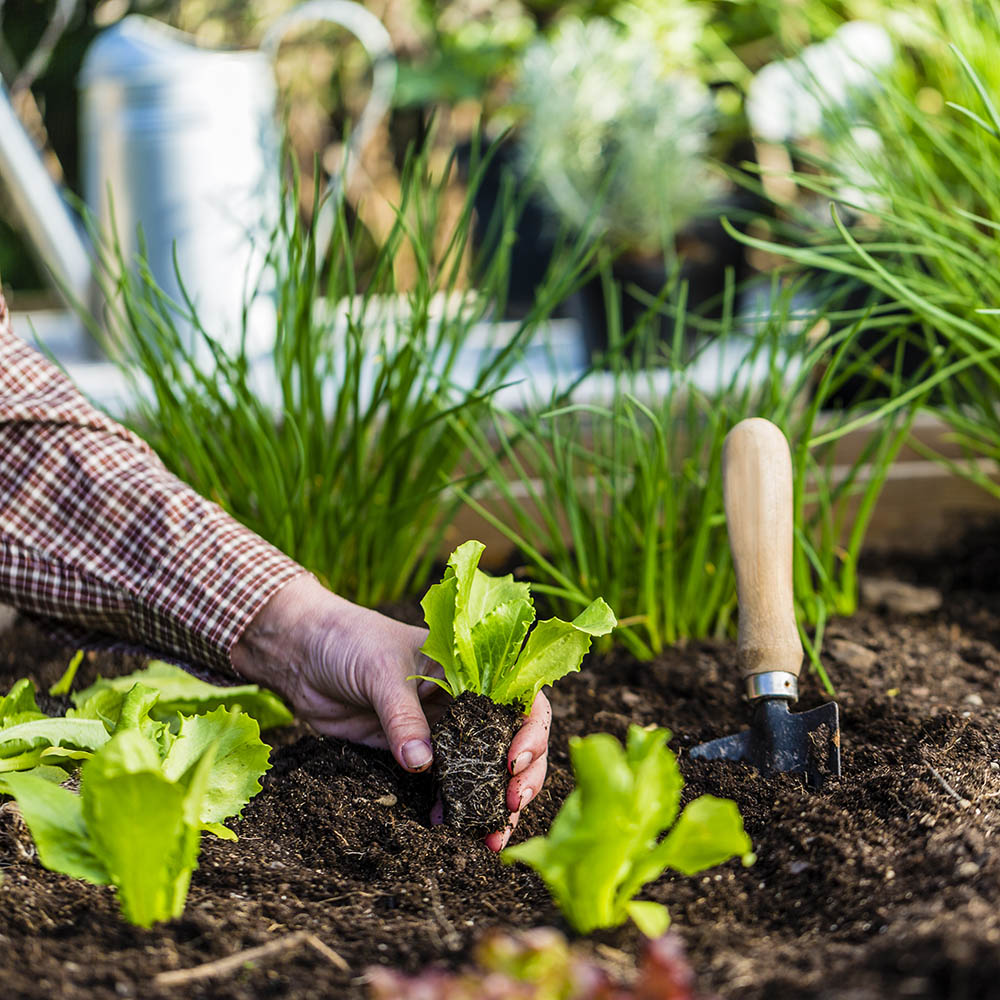Starting a vegetable garden at home is a fun and rewarding hobby. It’s easy to do and can save you money on groceries. Plus, you’ll have fresh vegetables right in your backyard. This guide will teach you everything you need to know.
Choosing the Right Location
The first step in starting a vegetable garden is choosing the right location. Your garden needs plenty of sunlight. Most vegetables need at least 6 hours of sun each day. Choose a spot that gets lots of sunlight.
Consider The Soil
Good soil is essential for a healthy garden. Check the soil in your chosen spot. It should be rich and well-draining. If the soil is poor, you can improve it by adding compost or organic matter.
Accessibility
Your garden should be easy to reach. Choose a spot close to your house. This will make it easier to water and care for your plants. You’ll also be more likely to check on your garden regularly.
Planning Your Garden
Before you start planting, you need a plan. Decide what vegetables you want to grow. Choose vegetables that you and your family like to eat. Also, consider the growing season for each vegetable.
Make A Garden Layout
Draw a layout of your garden. This will help you plan where to plant each vegetable. Make sure to give each plant enough space to grow. Some plants need more space than others.
Companion Planting
Some plants grow better when planted together. This is called companion planting. For example, tomatoes and basil grow well together. Research which plants make good companions.

Credit: www.homedepot.com
Preparing the Soil
Before you plant, you need to prepare the soil. This involves digging and adding nutrients. Follow these steps:
- Remove any weeds or rocks from the soil.
- Use a shovel or garden fork to turn the soil. This is called tilling.
- Add compost or organic matter to the soil. This will provide nutrients for your plants.
- Level the soil with a rake.
Planting Your Vegetables
Now it’s time to plant your vegetables. Follow these steps for each type of vegetable:
Read The Seed Packet
Each seed packet will have instructions. Read these instructions carefully. They will tell you how deep to plant the seeds and how far apart to space them.
Plant The Seeds
Use a trowel to dig small holes for the seeds. Place the seeds in the holes and cover them with soil. Lightly press down on the soil to secure the seeds.
Water The Seeds
After planting, water the seeds thoroughly. Keep the soil moist but not waterlogged. This will help the seeds germinate.

Credit: www.youtube.com
Caring for Your Garden
Your garden needs regular care. This includes watering, weeding, and fertilizing. Follow these tips to keep your garden healthy:
Watering
Most vegetables need about 1 inch of water per week. Water your garden in the morning. This allows the plants to dry before evening. Avoid watering the leaves, as this can cause disease.
Weeding
Weeds compete with your vegetables for nutrients. Remove any weeds as soon as you see them. Use a hoe or pull them out by hand.
Fertilizing
Your plants need nutrients to grow. Use a balanced fertilizer once a month. Follow the instructions on the fertilizer package.
Protecting Your Garden
Protecting your garden from pests and diseases is crucial. Here are some tips:
Use Natural Pesticides
Avoid chemical pesticides. They can harm beneficial insects. Use natural alternatives like neem oil or insecticidal soap.
Keep Your Garden Clean
Remove any dead plants or leaves. This will prevent disease from spreading. Keep your tools clean as well.
Rotate Your Crops
Don’t plant the same vegetables in the same spot every year. Rotate your crops to prevent soil depletion and disease.
Harvesting Your Vegetables
Harvesting is the most exciting part of gardening. Pick your vegetables when they are ripe. This will encourage more growth.
Know When To Harvest
Each vegetable has a different harvest time. Check the seed packet or do some research. Harvesting at the right time ensures the best flavor.
Use The Right Tools
Use a sharp knife or scissors to harvest. This prevents damage to the plant. Be gentle when picking vegetables.
Frequently Asked Questions
What Are The Best Vegetables To Grow?
Tomatoes, carrots, lettuce, and peppers are easy and popular choices for beginners.
How Much Sunlight Do Vegetables Need?
Most vegetables need at least 6 hours of sunlight daily to thrive.
When Should I Start Planting Vegetables?
Start planting in early spring or after the last frost for best results.
How Often Should I Water My Garden?
Water your vegetable garden 2-3 times per week, ensuring the soil is moist but not soggy.
Conclusion
Starting a vegetable garden at home is easy and fun. Follow these steps to create a successful garden. You’ll enjoy fresh, homegrown vegetables all season long. Happy gardening!
